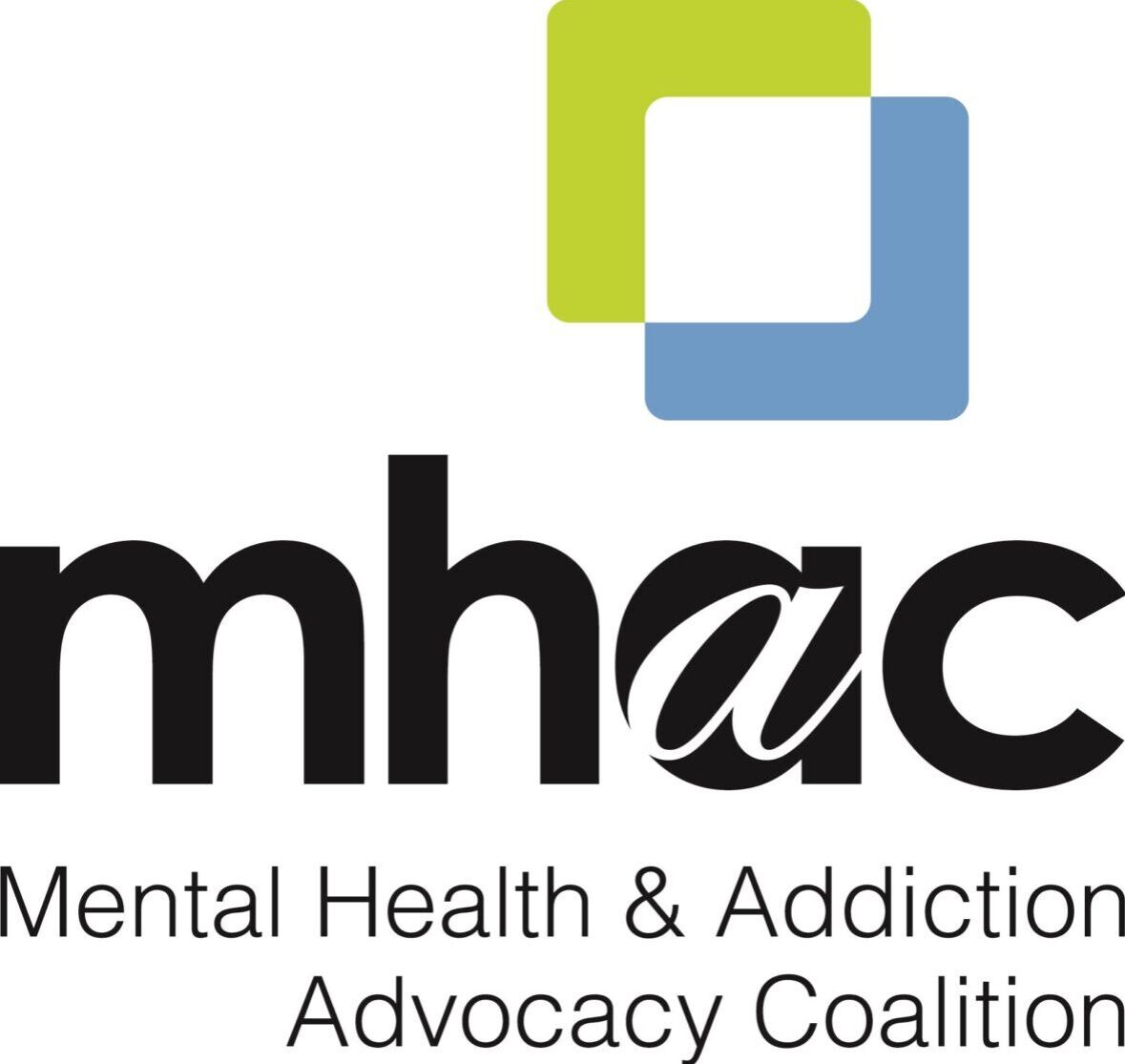 The MHAC’s Southwest Hub members represent six counties: Brown, Butler, Clermont, Clinton, Hamilton, and Warren. Local work gives MHAC members the opportunity to advocate on issues impacting their regional communities and to interact with other regional member organizations to create a cohesive voice.
The MHAC’s Southwest Hub members represent six counties: Brown, Butler, Clermont, Clinton, Hamilton, and Warren. Local work gives MHAC members the opportunity to advocate on issues impacting their regional communities and to interact with other regional member organizations to create a cohesive voice.
Meetings & Events
The MHAC hosts quarterly Southwest Hub Policy & Advocacy Committee meetings, open to all Southwest Hub members. This Committee works to move forward the five priority areas of the Southwest Hub Advocacy Agenda, and works with MHAC staff every two years to develop a new Advocacy Agenda addressing key local issues related to mental health and addiction disorders.
The 2023-2024 Southwest Hub Advocacy Agenda priorities include:
- Funding and Support for Mental Health & Addiction Prevention, Treatment, and Recovery Services - The MHAC will maintain up-to-date research on levies, county budgets, budgeting processes, and budget and other allocations for mental health and addiction services in the Southwest Hub so that it can effectively advocate for sustained or increased support for mental health and addiction prevention, treatment, supports and services, and capital projects. Information on county contracts to address racial disparities will also be collected. This research will be used as a tool for the MHAC and its members,
enabling them to advocate for passage of levy and tax issues within the Southwest Hub. - Children and Adolescents -The MHAC SW Hub will identify and act upon opportunities for advocacy that support access to behavioral health services for children that have behavioral health needs. It will also work with school systems to educate, prioritize funding and promote policy and strategies that support children’s behavioral health needs, including prevention, early interventions, harm reduction strategies in schools and addressing racial disparities in school discipline.
- Raise Awareness and Education on Mental Health and Addiction Disorders – The MHAC SW Hub will continue to support local efforts to reduce the impact of the opiate epidemic and other substance use in the region through continued participation in community-based task forces and coalitions. Efforts will include, disseminating accurate information on addiction, and supporting harm reduction strategies. The MHAC will deepen policymakers’ understanding of addiction disorders by increasing their awareness of prevention, treatment and recovery services in Southwest Ohio, the economic effects of substance use disorders, and alternative policies utilized elsewhere as tools to fight addiction.
The SW Hub will take a leadership role in education at the local and regional level to reduce the stigma surrounding mental health and addiction disorders. This includes the stigma surrounding medicated assisted treatment programs and appropriate levels of care when in crisis. It also includes strategies that incorporate an equity lens in dealing with stigma. The SW Hub believes that prevention, treatment and recovery strategies should be driven by facts and research and will provide local and regional officials with information on evidence-based practices. - Behavioral Health Workforce – The MHAC SW Hub will work to reduce stigma surrounding community behavioral health and the populations its serves, identify and promote long-term and short-term strategies to recruit and retain diverse and culturally competent professionals, including strategies to minimize barriers to entering the field and obtaining licensure and create and support a relationship between higher education and community behavioral health. This work will include looking at innovated workplace ideas, increasing front-line professionals that are in the field, improving the level of respect of the behavioral health profession, and broaden awareness of emerging strategies in care coordination that support the behavioral health needs of individuals.
- Racial, Ethnic and Other Disparities in Mental Health and Addiction: Access, Quality of Care, and Outcomes –The MHAC SW Hub will take leadership role in local efforts to reduce behavioral health disparities and systemic racism in the behavioral health system. Effort will include the research, distribution of information, and training on racial and ethnic behavioral health disparities and the systemic factors that impact positive health outcomes, including other social determinants of health. The MHAC will deepen policymakers’ understanding of the role of racism on the behavioral health of BIPOC. The MHAC SW Hub will include a health equity lens in materials and activities when working on other priorities in the SW Hub Advocacy Agenda. Addressing health disparities is important not only from a social justice standpoint but for improving overall health and economic prosperity of marginalized populations in the SW Hub.
Other ways members are included in local work:
- Members receive action alerts for local policy advocacy, including county budgets, levies, and other local projects.
- Members participate in meetings with local public officials and in-district meetings with state-level public officials.
- MHAC staff consult members regarding local resources and opportunities to highlight best practices and promising programs.
- The MHAC hosts an annual Public Officials Breakfast Reception every spring where MHAC members engage with local, state, and federal public officials during a morning of networking.
- The MHAC hosts four annual membership meetings, bringing in experts on specific topics regarding mental health and/or addiction disorders to present to and engage with members.
- Members have the opportunity to network and share their own initiatives with their fellow MHAC members.
Interested in becoming a member of the MHAC’s Southwest Hub? Read more about who can become a member on our Join Us page.
